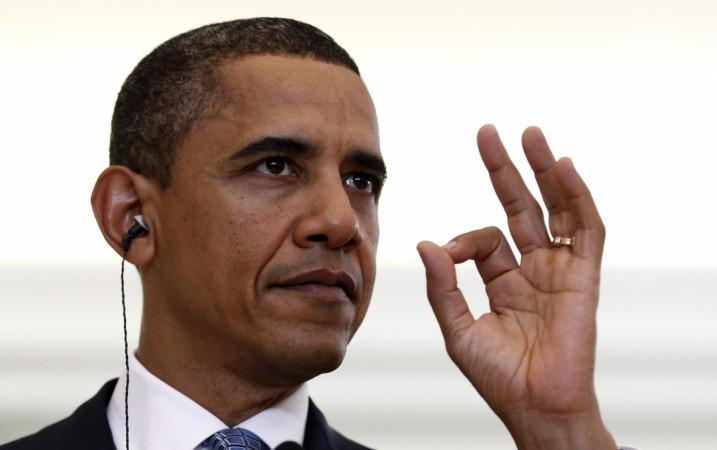
Okay, so you have used the term on and off at least a million times in your life. But how well do you know "OK"? Smithsonian, the world's largest museum and research complex, revealed earlier this month that "okay", the most commonly used term in English is actually the result of an editorial joke that inadvertently went viral.
The omnipresent term has not been around, as one might suspect, since the dawn of humanity. And while many theories have been raised regarding the birth of okay from it being a derivation of the Native American tribe Choctaw's word "Okeh" to it being adopted to English from the Wolof language of Sub-Saharan Africa, Smithsonian claims that the word is only about 175 years old and was first used in Boston.
In "OK: The Improbable Story of America's Greatest Word", author Allan Metcalfe traced the origin of the first spoken word on moon to a lame joke that appeared in a satirical article about grammar in "Boston Morning Post" in 1839. "OK", which was used as humorous abbreviation for "Oll Korrect" (all correct) and should have ended there, but much like the cotemporary "LOL" and "JK", the term just stuck.
In the 1960s, Etymologist Dr Allen Walker Read suggested that the word might have originated in Europe as a Civil War nickname for biscuits or as an abbreviation for the telegraph term "Open Key", the Economist reported.
Some others opined that eighth President of the United States Martin Van Buren had invented the term during his 1840 re-election campaign, which was popularised by the slogan "Vote for OK", in reference to his hometown and his nickname "Old Kinderhook". However, Read confirmed that Buren only popularised the term and did not invent it.
While some cynics insist that the word has a much earlier origin, Dr. Laurence R. Horn, a professor of linguistics and philosophy at Yale University, told the Huffington Post that Read's findings about the origin of 'OK' as a jocular abbreviation from the late 1830s is still valid.
Horn also revealed that while many other satirical abbreviations like "KY", for "Know Yuse", "KG for "No Go" and "OW" for "Oll Wright" also originated around the same time, none of them enjoyed the long life "OK" enjoys even today.

















